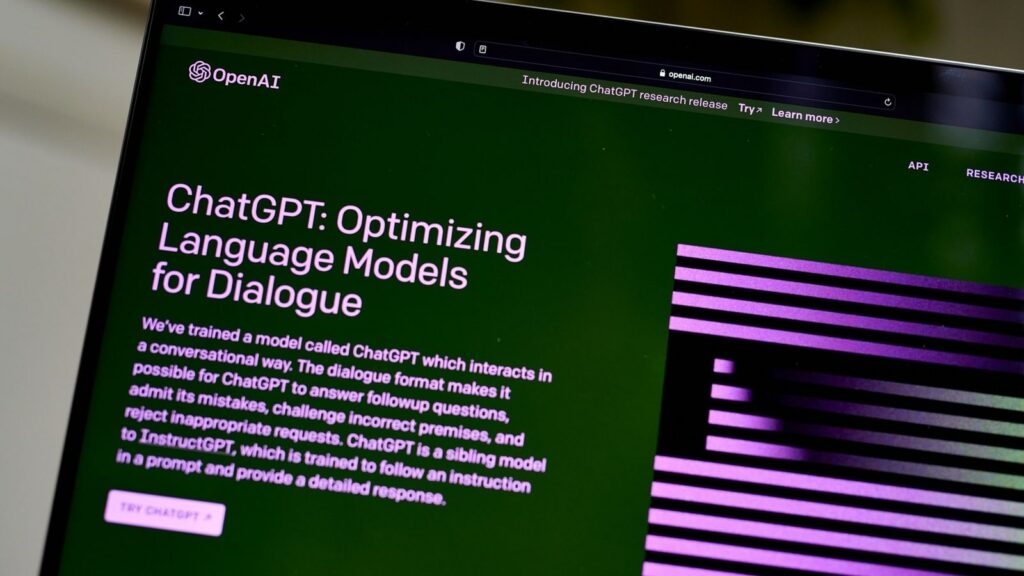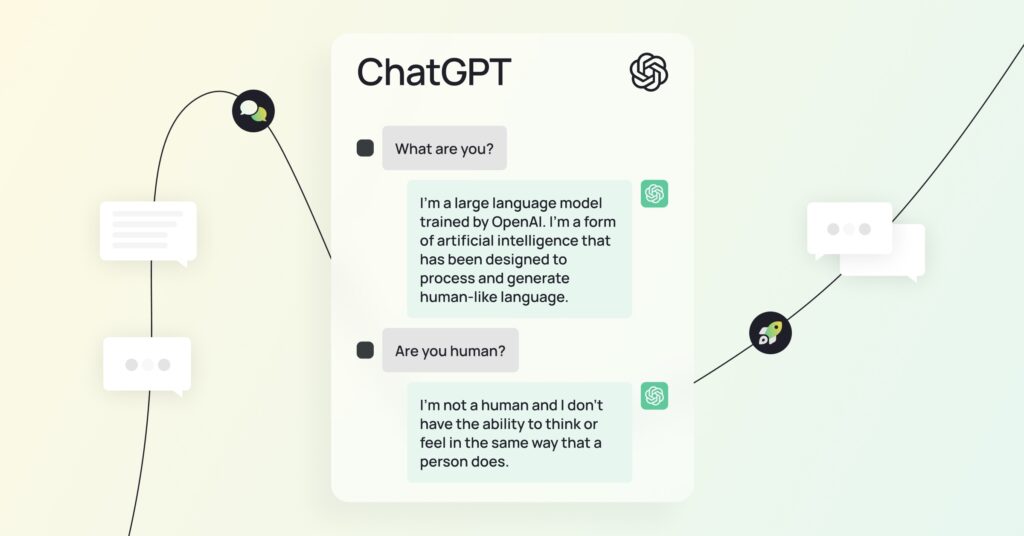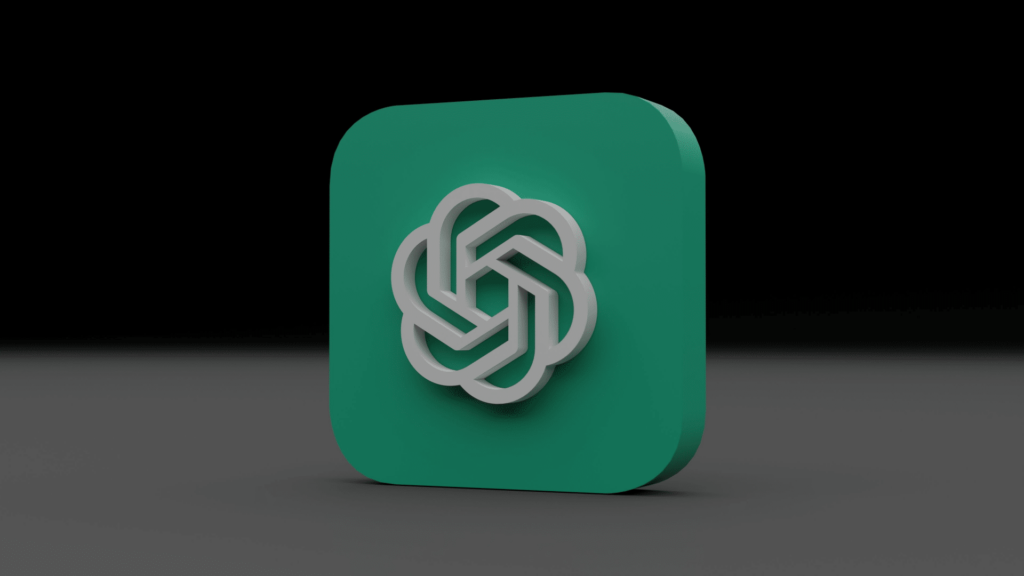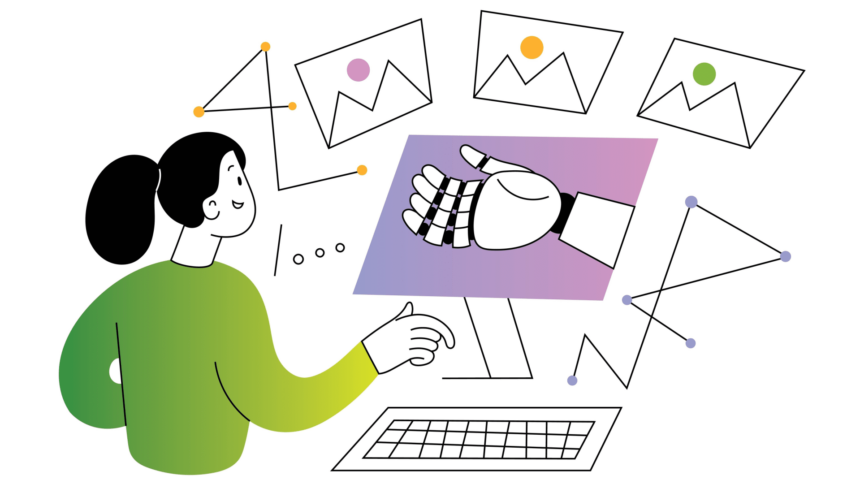In the ever-evolving landscape of job applications and hiring processes, the use of AI tools, such as OpenAI’s ChatGPT, has become increasingly prevalent. Job seekers are turning to artificial intelligence to enhance their resumes, cover letters, and even to answer interview questions.

However, while ChatGPT can be a valuable ally in the job hunt, it comes with its own set of challenges and limitations that both job applicants and recruiters need to be aware of.
Since the debut of ChatGPT nearly a year ago, companies like Nvidia, Jasper.ai, and Hugging Face, actively recruiting for AI-related roles, have reported a surge in job applicants using this AI chatbot to streamline their application process. It’s no surprise that AI assistance in writing and refining resumes has proven to be effective. A National Bureau of Economic Research survey conducted in 2021 revealed that job seekers who received “algorithmic writing assistance” to improve their resumes were approximately 8% more likely to land a job than those who didn’t utilize AI tools.

Recruiters are divided in their opinions about the use of generative AI in job applications. Alex Shapiro, the Chief People Officer at Jasper.ai, recognizes the benefits of using ChatGPT to help applicants refine their language and create polished applications. However, she also points out the potential pitfalls when applicants rely too heavily on AI-generated materials without reviewing them for accuracy. Recruiters have encountered discrepancies in resumes generated by AI, which can be a hindrance in the hiring process if left unchecked.
The danger lies in applicants trusting the AI-generated content blindly. If they fail to verify the accuracy and relevance of the information produced by ChatGPT, it can lead to serious consequences in the long run. Job seekers must remain an active part of the application process and not merely delegate it to AI. Flavien Coronini, the Talent-Acquisition Lead at Hugging Face, shared an example of a cover letter generated entirely by AI, which lacked the human touch and genuine motivation to join the company. This kind of impersonal approach can deter recruiters and potentially halt the applicant’s progress in the hiring process.

In some cases, applicants are even willing to take the risk of being disqualified by companies that prohibit the use of AI during interviews. Lindsey Duran, the Vice President of Global Recruiting at Nvidia, revealed instances of candidates using ChatGPT to answer questions in interviews despite clear instructions against it. However, all the recruiters interviewed by Insider agree that highlighting AI skills, including proficiency with ChatGPT, can give job seekers an edge in a competitive job market. The key is to demonstrate these skills during interviews and prove their knowledge, passion, and capability to apply AI tools effectively in the workplace.
Ultimately, while AI tools like ChatGPT can assist job seekers in standing out from the crowd, it’s essential to remember that human skills, understanding, and personal engagement are irreplaceable in the hiring process. Technology is a powerful tool, but it should complement, not replace, the human touch in the world of job applications and interviews. Job seekers should use AI wisely and remember that the ultimate goal is not just to secure a job but to find the right fit for both parties.








